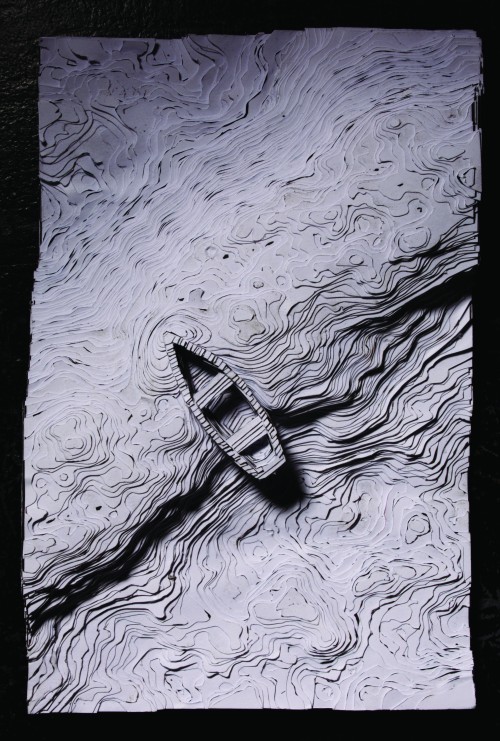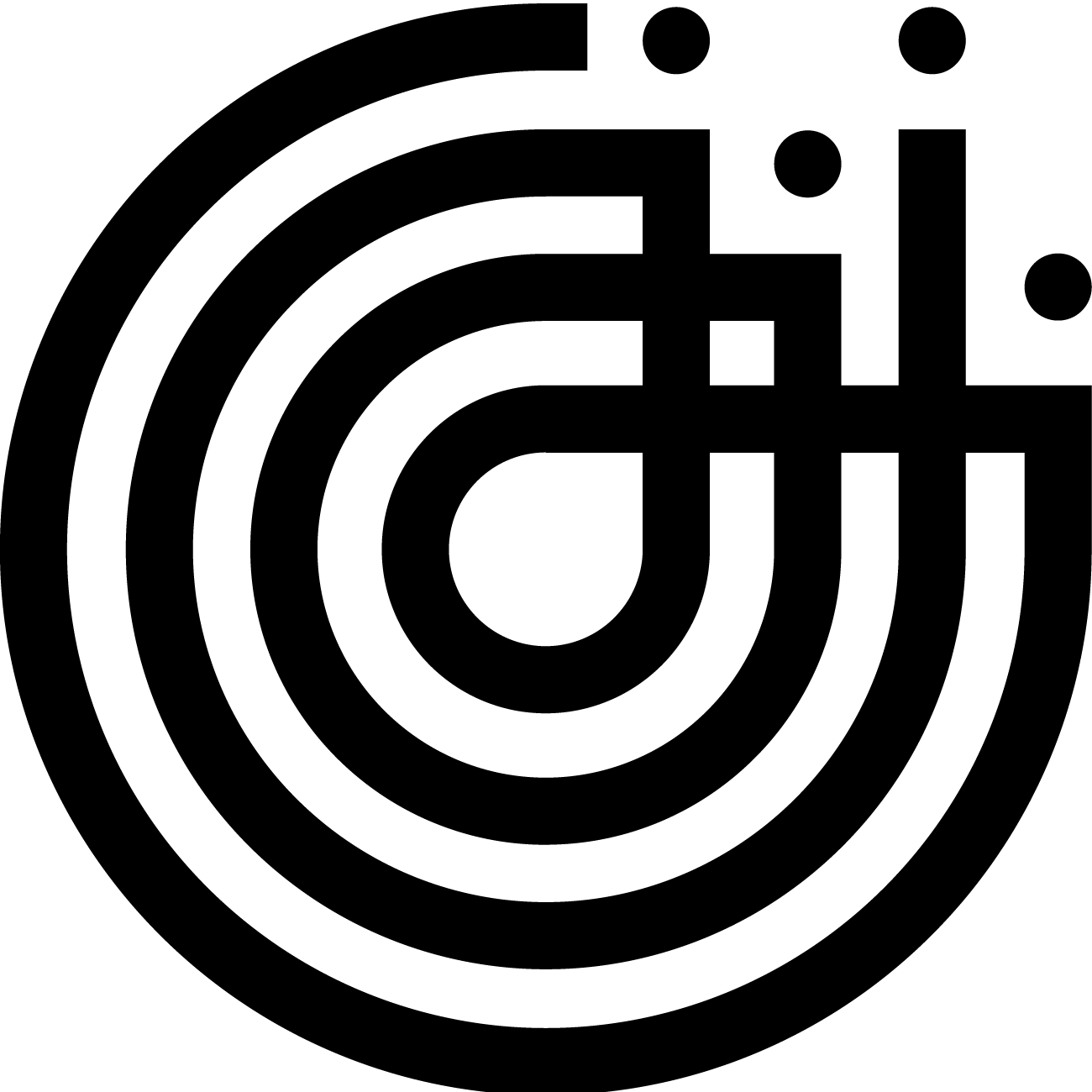Carpool
The streets were eternal back thenback when back seat was a canopy of armsstretched out like the solsticethe thump of tire on chewed cementjolting the deviance from feeble bodiesMomma was no pilot, bu... Read more
Yusuf
trapped in a moving trainknee to knee with an archangel sun radiating off sandy complexionmanicured stubble lining jawline sharp and effortlesstaste of blood floods to my mouth Ya Khaaliq, You are the... Read more
Culture
The first time I saw Apo Tudo, The Ilocano rain deity, I swear, he sent mist to that mountain Outside of Baguio Kissing the Filipino soil with sweet promises and tearful memories My grandmother share... Read more
Time Moves Both Ways
Last summer, my wife and I rode our bikes together along the Cambridge to Paris rail trail—an eighteen kilometer venture alongside an out-of-use train track. Don’t get me wrong, I’m no fitness q... Read more

The Boat
... Read more
Tiles
For Indigenous peoples across Turtle Island, the pandemic deepened pre-existing inequities. The aid that settler-colonial systems offered did not account for (or value) the importance of physical and spiritual spaces for Indigenous communities. Locally, urban Indigenous youth who were just beginning to learn about their culture were suddenly denied access to spaces they needed in order to be in relationship with each other and with the land. Building relationships with the land and with each other in a face-to-face way is an important part of reconnection and healing; removing these connections deeply impacted Indigenous youth and made it necessary to adapt art projects accordingly. To navigate this, Textile supported Pins and Needles Fabric Company, an Indigenous inter-arts company in Waterloo Region, in co-designing an art program with Indigenous youth. Through online talking circles and in-person meetings with appropriate physical distancing, youth considered the following questions: How is Indigeneity (re)claimed or denied during this pandemic? How does physical distancing and self-quarantine impact relationships to the land and to the community? Based on conversations on how youth wanted to express themselves, participants were delivered art-kits containing supplies to make tile art on wood panels to respond to these questions. The following feature shares artwork from two of the seven youth who engaged in this program. Read more

